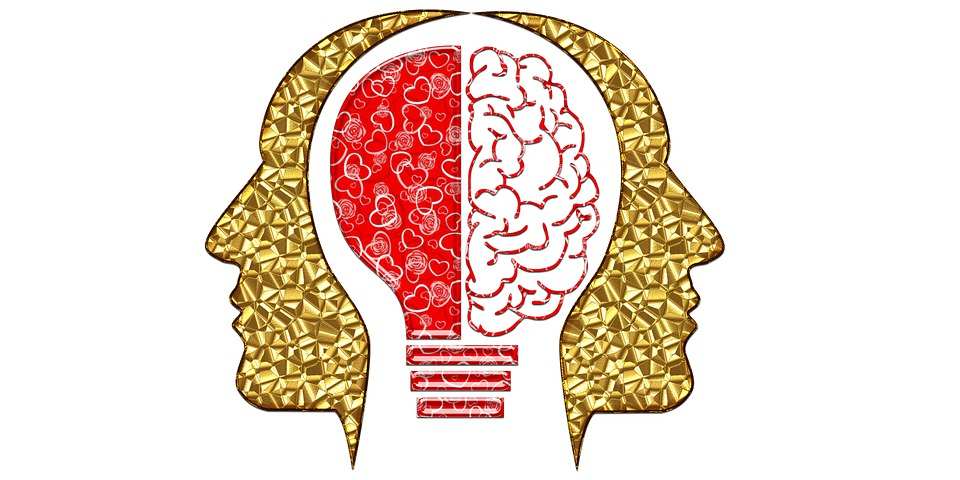Analytical Psychology, also known as Jungian psychology, is a school of thought founded by the Swiss psychiatrist Carl Jung. This approach to psychology emphasizes the importance of the individual’s experience and consciousness, as well as the collective unconscious and archetypes that shape our behaviors and perceptions. In this blog, we will delve deeper into the principles and practices of Analytical Psychology, exploring its relevance in modern times and how it can inform our understanding of ourselves and the world around us.
Contents
What Is Analytical Psychology?
It is a form of depth psychology that explores the human psyche by looking at the interplay between conscious and unconscious elements. Jung believed that the human psyche is composed of various archetypes, which are universal patterns of behavior, thought, and perception that are present in all human beings. Analytical Psychology also emphasizes the importance of the individual’s personal experience, creativity, and spirituality in shaping their psychological development.
What Does An Analytical Psychologist Do?
An analytical psychologist is a mental health professional who practices Analytical Psychology, an approach to psychology developed by Carl Jung. Analytical psychologists work with individuals, groups, and communities to help them understand and integrate their unconscious elements into their conscious awareness. They believe that the unconscious aspects of the psyche can have a significant impact on an individual’s psychological development and overall well-being. They also encourage their clients to engage in creative activities, such as music and writing, as a means of self-expression and self-exploration.
Therapies Used In Analytical Psychology

Analytical Psychology uses several therapies to help individuals explore and integrate unconscious elements. Here are some of the most common therapies used in this approach:
- Dream analysis: Analytical psychologists believe that dreams are a reflection of the unconscious mind, and exploring them can reveal important insights into an individual’s psyche. The therapist works with the individual to explore and interpret the symbols and themes present in their dreams.
- Active imagination: Active imagination involves engaging with the unconscious through creative visualization and exploring inner images and fantasies. The therapist may guide the individual in a process of visualization and exploration, allowing them to gain insight into their unconscious elements.
- Sandplay therapy: Sandplay therapy involves using a tray of sand and miniature objects to create scenes that reflect an individual’s inner world. The therapist works with the individual to explore the meaning behind the objects and scenes created.
- Art therapy: Art therapy uses the creative expression, such as drawing, painting, or sculpture, to help individuals explore and integrate unconscious elements. The therapist may guide the individual in creating art that reflects their inner world and help them gain insight into the meaning behind it.
- Talk therapy: Talk therapy involves discussing thoughts, feelings, and experiences with the therapist to gain insight into unconscious elements. The therapist may use a variety of techniques, such as active listening, empathy, and reflection, to help the individual explore their inner world.
Overall, Analytical Psychology uses a range of therapies to help individuals explore and integrate their unconscious elements, promoting personal growth and well-being.
Reasons To Choose An Analytical Psychologist
Here are some reasons why an individual may choose an Analytical Psychologist:
- Personal growth: Firstly, analytical Psychology emphasizes the importance of exploring unconscious elements. This integrates them into conscious awareness for personal growth and development. An individual seeking personal growth and self-awareness may benefit from working with an Analytical Psychologist.
- Spiritual exploration: Analytical Psychology recognizes the spiritual dimension of human experience and offers a unique perspective on spirituality. Individuals seeking to explore their spirituality may find working with an Analytical Psychologist helpful.
- Complex issues: Analytical Psychology is well-suited for addressing complex psychological issues, such as anxiety, depression, trauma, and relationship problems. The approach helps individuals understand the underlying psychological dynamics and offers tools to work through these issues.
- Creativity: Analytical Psychology encourages creativity as a means of self-expression and self-exploration. Individuals interested in exploring their creativity may find working with an Analytical Psychologist helpful.
- Holistic approach: Analytical Psychology takes a holistic approach to understand the human psyche, recognizing the interplay between the individual’s personal experience and the collective unconscious. This approach may be particularly beneficial for individuals seeking a deeper understanding of themselves and their place in the world.
Overall, choosing an analytical psychologist can be a beneficial option for individuals seeking a unique approach to therapy that focuses on self-exploration, personal growth, and a holistic perspective on the human psyche.
How To Find An Analytical Psychologist?

Finding an analytical psychologist can be a process, but here are some steps that can help you:
- Search online: A simple online search for “analytical psychologists” in your area can provide you with a list of practitioners in your region.
- Referrals: You can ask your primary care doctor or mental health professional for a referral to an analytical psychologist.
- Professional organizations: You can check professional organizations such as the International Association for Analytical Psychology (IAAP) or the Association of Graduate Analytical Psychologists (AGAP) for a list of practitioners in your area.
- Word of mouth: You can ask family members, friends, or colleagues if they know any analytical psychologists and if they have had any positive experiences.
- Consultations: Before committing to a therapist, it is a good idea to schedule consultations with a few different practitioners to get a sense of their approach, experience, and personality.
Overall, it is important to remember that finding the right therapist can take time and may require trying out a few different practitioners before finding the right fit. It is important to feel comfortable and confident in your therapist and to choose someone who has the expertise and experience to help you achieve your goals.
Conclusion
In conclusion, Analytical Psychology offers a unique approach to understanding the human psyche, emphasizing the importance of exploring and integrating unconscious elements for personal growth and well-being. This approach can be particularly helpful for individuals facing issues such as anxiety, depression, and relationship problems, as well as those seeking personal growth and self-awareness. Overall, Analytical Psychology provides a valuable perspective on the human psyche and can inform our understanding of ourselves and the world around us.
For more information, please contact MantraCare. Online therapy types include videoconferencing, phone sessions, messaging-based therapy, chat-based therapy, and therapy based on different problems. If you have any queries regarding Online Counseling experienced therapists at MantraCare can help: Book a trial therapy session


